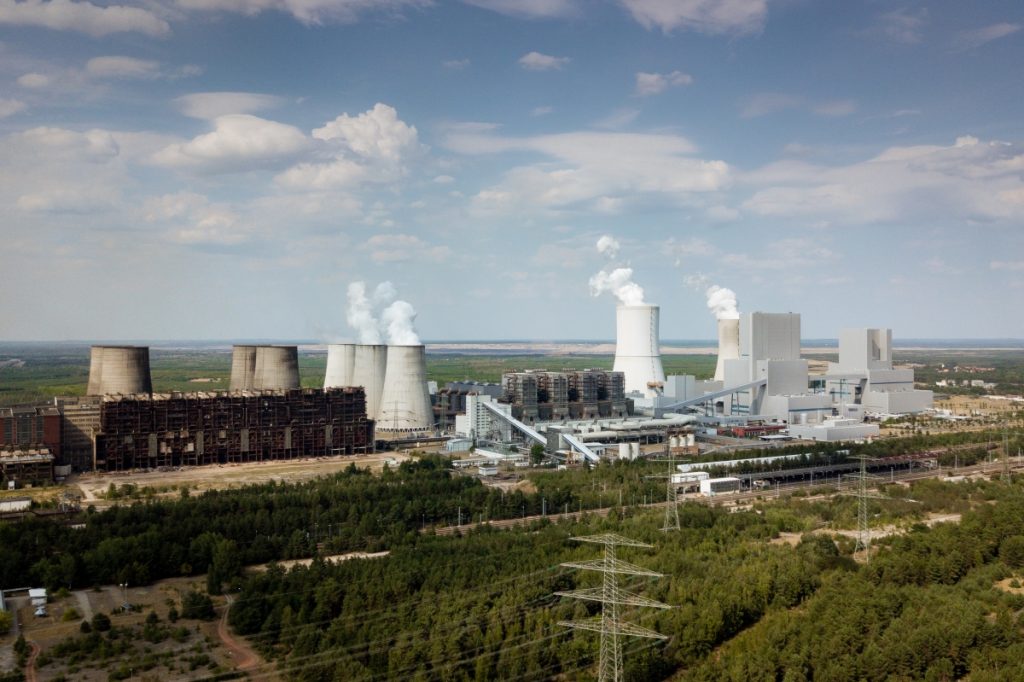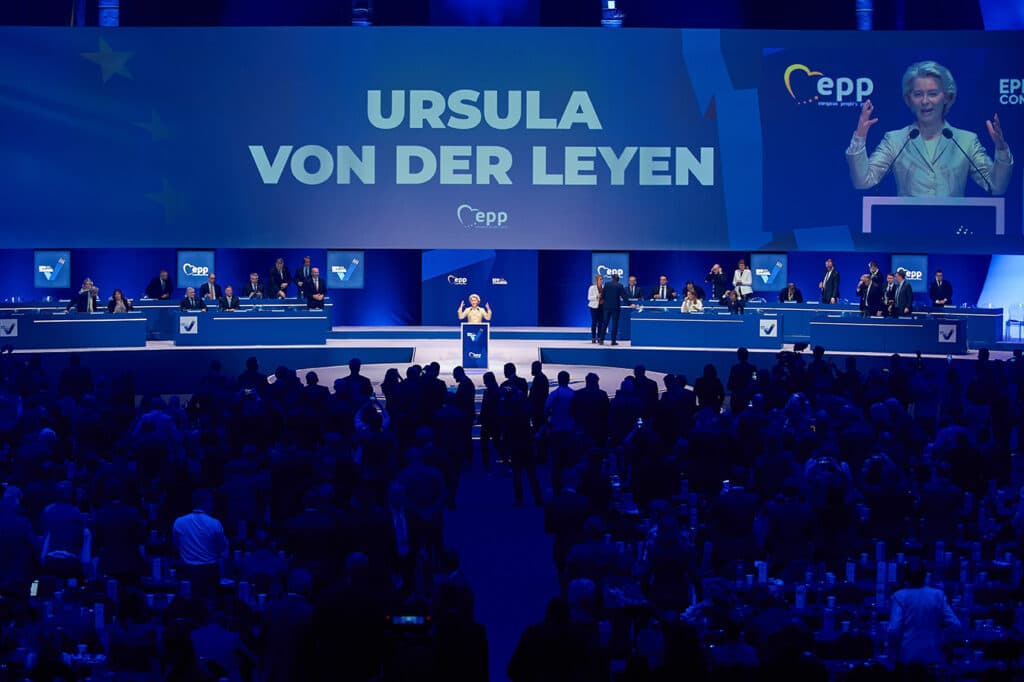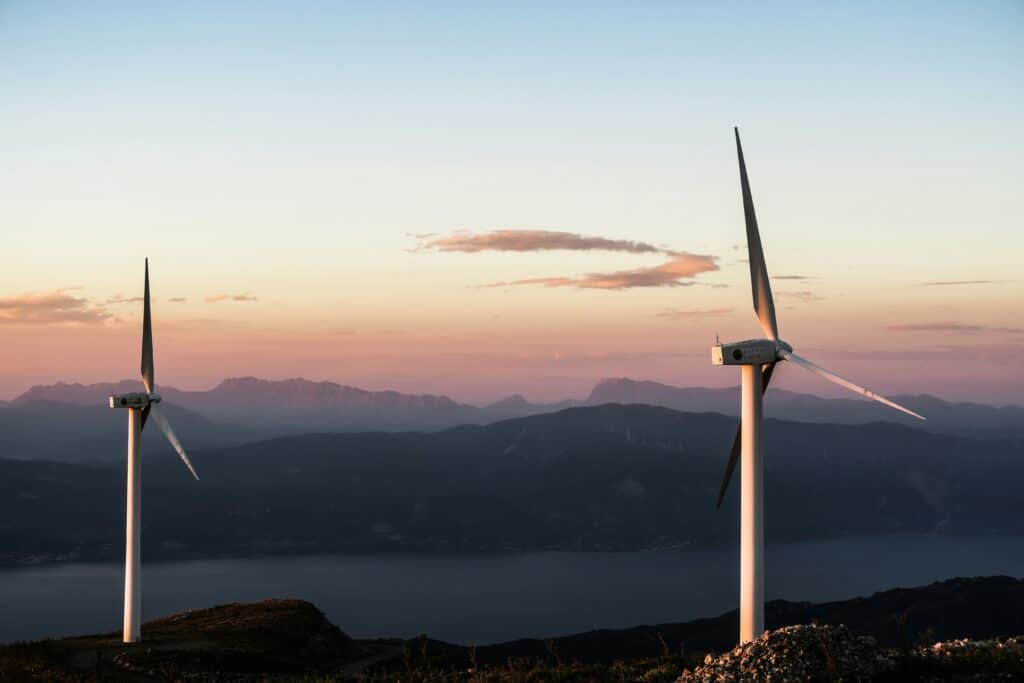Coupling Power & Natural Gas sectors in Brazil – is convergence possible in times of market reforms? The case of Reservoir-to-Wire Power Plants
Gonçalves, E.*, Dutra, J., Resende, B.
The paper “Coupling Power & Natural Gas sectors in Brazil – is convergence possible in times of market reforms? The case of Reservoir-to-Wire Power Plants” (Gonçalves, E.*, Dutra, J., Resende, B) will be presented at the 9th Conference on the Regulation of Infrastructures (25-26 June, 2020).
ABSTRACT
Throughout history power and natural gas sectors in Brazil were subject to different evolutions paths and separate regulations. Nowadays, electricity sector has a federal regulation, the most relevant participation of private sector considering Brazilian infrastructure and has achieved universalization in the last twenty years, despite the necessary improvements in the quality of services provided to the population. The natural gas sector has a mixed regulation, with exploration, production and transportation in charge of the federal regulator (ANP) and distribution being governed by state entities. Given the secondary role historically relegated to natural gas in Brazil vis-à-vis oil and an excessive participation of Petrobras in all parts of the chain, there is still much to be developed in the sector, in terms of expansion of transmission and distribution networks and provision of gas for various uses.
Both sectors are currently undergoing reform efforts and within this confusing environment a case stands out – the development of Reservoir-to-wire (R2W) power plants in Brazil. This is an ideal way to bring competitiveness to the generation process, which is suited to the current demands of the Brazilian energy system – security and reliability of the dispatch that soon will include more renewable intermittent sources.
In spite of these apparent coupling advantages current economic regulation for both power and natural gas sectors does not meet the criteria of efficiency and financial sustainability for enterprises with the R2W core business.
Thus, the aim of this paper is to analyze the feasibility of coupling between Power and Natural Gas sectors in Brazil considering as a case study the situation of R2W projects. As a first result we have that the current format of the Brazilian energy auctions do not display the real structure of costs of a R2W project, distorting the results of the competitive process and leading to economic inefficiency.
ABOUT THE AUTHOR
 Edson Daniel Lopes Gonçalves is a senior researcher at the Center for Studies in Regulation and Infrastructure at Fundação Getulio Vargas, Brazil, since 2014. Prof. Gonçalves was a senior expert/principal at Accenture Management Consulting with focus on Risk Management and Financial Modeling. His current research includes energy economics, infrastructure economics, risk modeling, finance and governance. Graduated in Engineering Mechanics, Prof. Gonçalves obtained MSc. and PhD degrees in Economics at Fundação Getulio Vargas. He teaches at the School of Economics and at the School of Business Administration (Fundação Getulio Vargas). He is a member of GARP (Global Association of Risk Professionals) and PRMIA (Professional´s Risk Managers International Association).
Edson Daniel Lopes Gonçalves is a senior researcher at the Center for Studies in Regulation and Infrastructure at Fundação Getulio Vargas, Brazil, since 2014. Prof. Gonçalves was a senior expert/principal at Accenture Management Consulting with focus on Risk Management and Financial Modeling. His current research includes energy economics, infrastructure economics, risk modeling, finance and governance. Graduated in Engineering Mechanics, Prof. Gonçalves obtained MSc. and PhD degrees in Economics at Fundação Getulio Vargas. He teaches at the School of Economics and at the School of Business Administration (Fundação Getulio Vargas). He is a member of GARP (Global Association of Risk Professionals) and PRMIA (Professional´s Risk Managers International Association).







